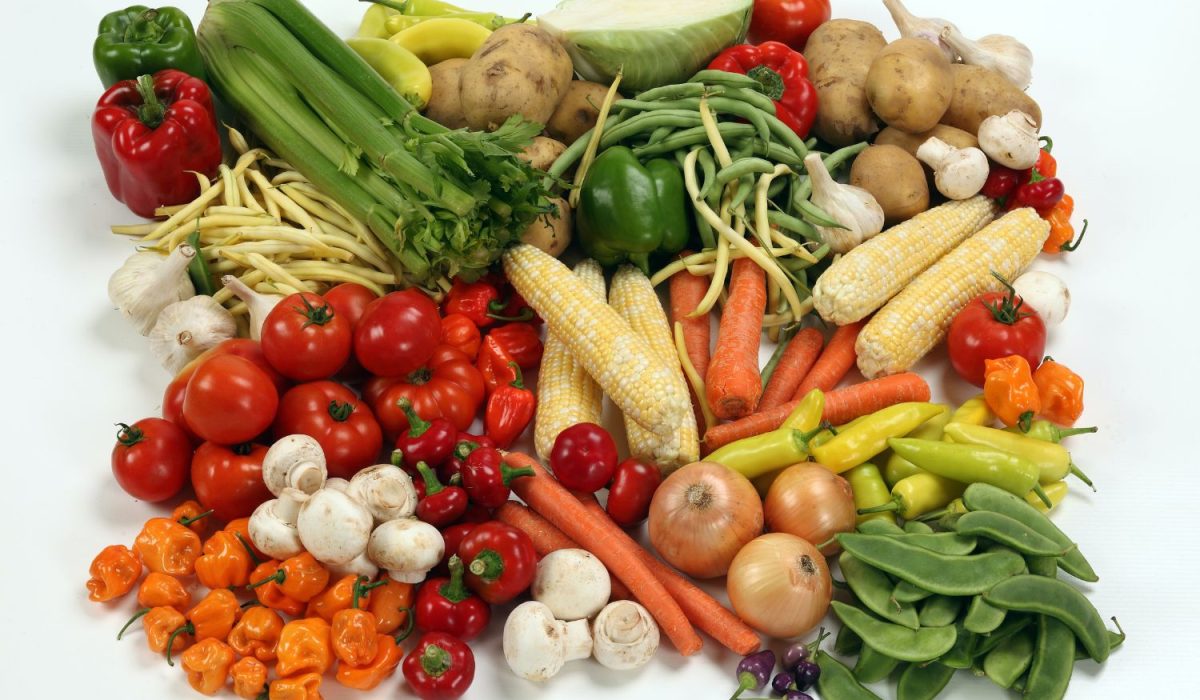Developing Canadian Municipalities for Climate-Resilient Food Security
A webinar on climate-resilient food security was recently presented by the Canadian non-profit organization Climate Caucus. The webinar was one of several in the series “Municipal Climate Action: Increasing Affordability.” Speaking about Canadian communities’ roles in food access and climate resiliency, Laura Schnurr from the Tamarack Institute, Alex Lindstone from Climate Caucus, and Justine Dainard from Guelph’s County of Wellington emphasized the importance of collaboration.
The average Canadian family of four will spend an additional CAD 701.79 on food in 2024, according to the Agri-Food Analytics Lab, up from CAD 15,595.21 in 2023. Wildfires and flooding, two natural disasters linked to the climate crisis, are partially to blame for the increased expenses. According to the speakers, proponents understand the importance of sustainable food systems and that local governments may have significant influence over change.
The presenters of the webinar emphasized the City of Guelph’s initiatives to establish a regional, circular food system. The city, which has a population of 120,000, won Canada’s Smart Cities Challenge in 2020 because of its dedication to turning food waste into food security.
The winning initiative, Our Food Futures, brings together the objectives of social partnerships, corporate innovation and social enterprise, healthy communities, affordable and nutritious food access, and sustainability and climate action, according to Schnurr. A total of 150 organizations, including Community FEWD, the Second Harvest Food Rescue App, and SEED, gathered and distributed food waste. In order to prescribe produce to patients, they also collaborated with the municipality’s health agency. “Bringing everyone’s perspective into the picture” was crucial for the initiative, according to Dainard, Wellington’s Smart Cities initiative Manager.
Additionally, an Albertan pilot program for regenerative agriculture was funded by Our Food Futures. According to Dainard, “supporting farmers in their shift to regenerative agriculture is a component of regional security.” We will become more resilient to the changes brought about by climate change as a result. Local food systems will be at the vanguard of the endeavor to feed communities as the global food system struggles to feed nearly 8 billion people in the midst of war, pandemics, and political unrest.
Wellington incorporated lessons into a handbook for other communities, building on the success of the pilot. In light of the climate catastrophe, speakers emphasized the importance of working together with governments, businesses, indigenous leaders, and organizations across Canada to support communities’ access to food.
The kind contributions of Food Tank members enable articles such as the one you just read. kindly, could you kindly join our expanding movement? To become a member, simply click this link.



